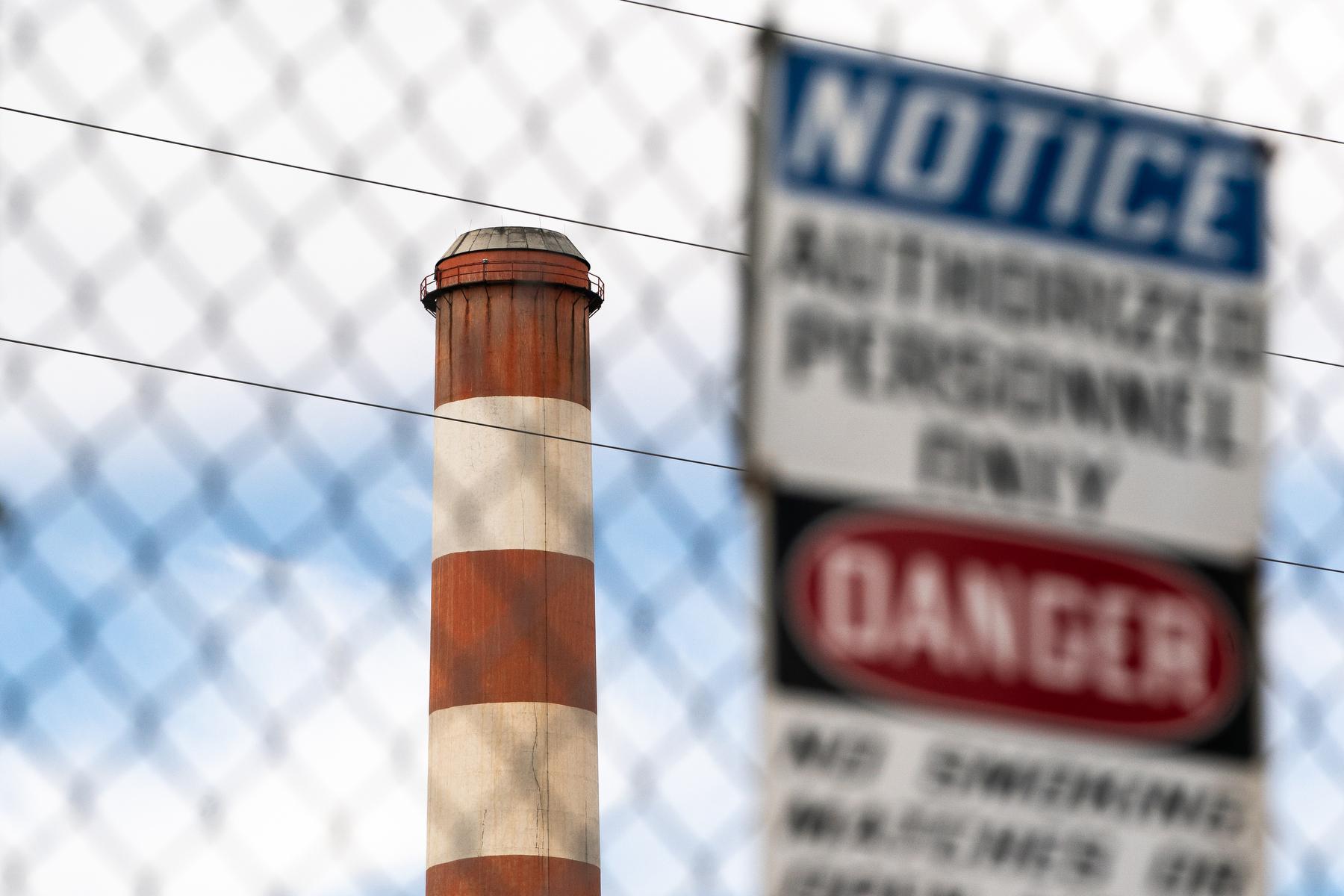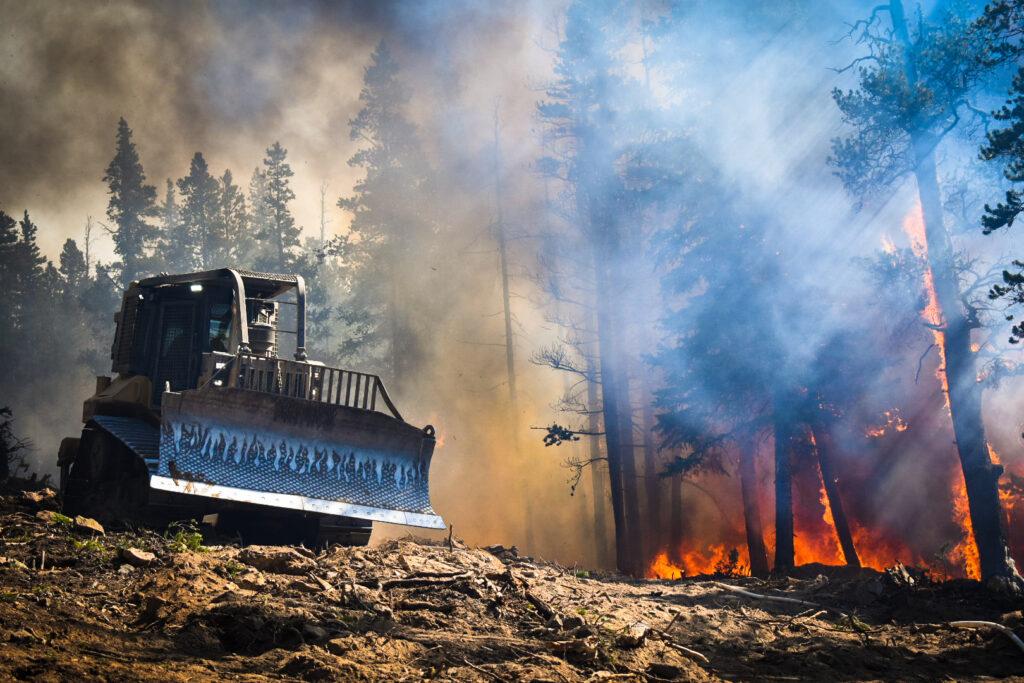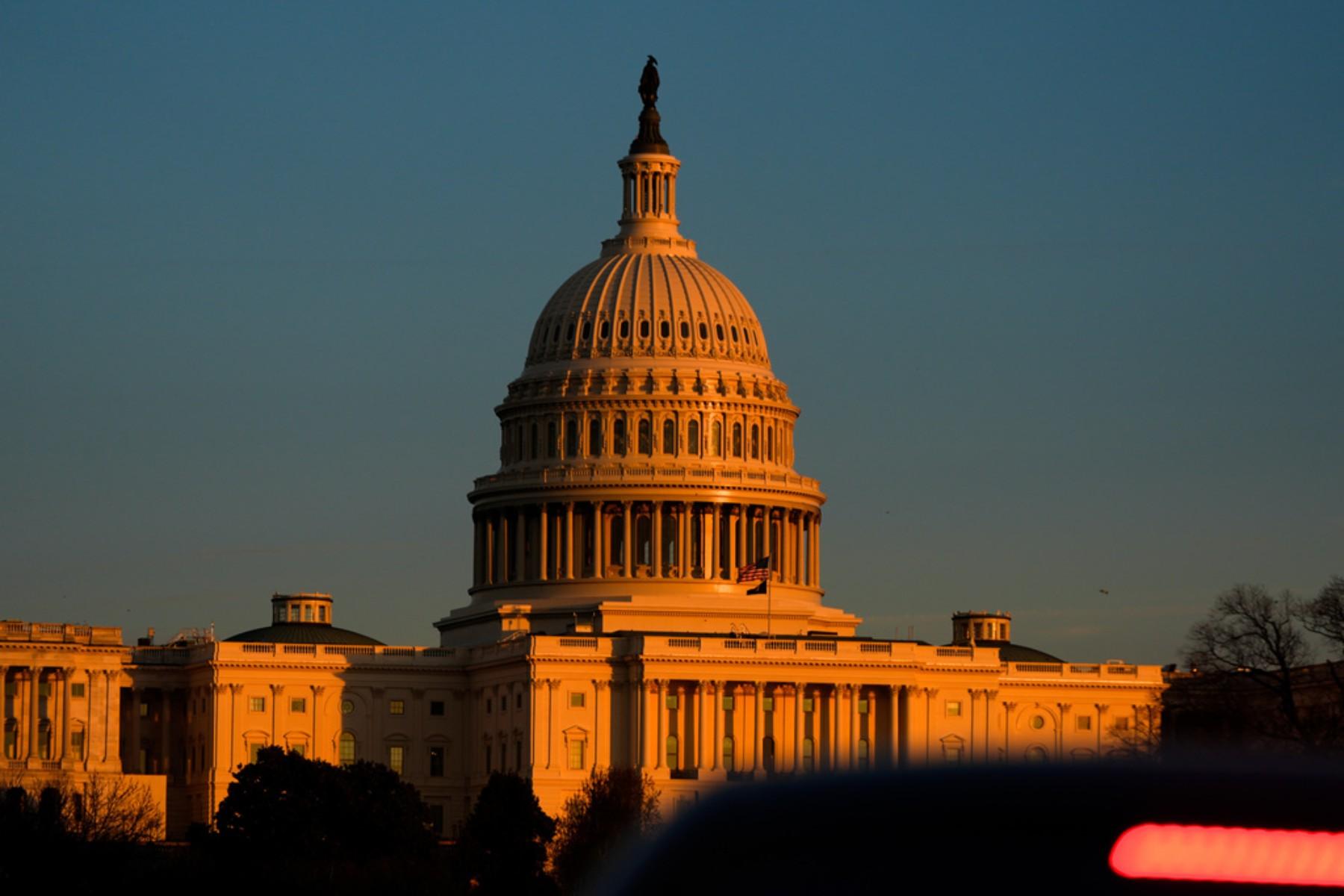
State regulators have pushed back a deadline to approve Xcel Energy’s $1.9 billion wildfire mitigation plan, saying the sprawling proposal could create new risks if it wasn’t thoroughly reviewed.
In June, Xcel Energy filed a massive plan to the Public Utilities Commission detailing how it plans to improve its system and operations to reduce the likelihood that its power lines and other equipment spark a wildfire.
Xcel Energy’s 2025-2027 safety proposal covers nearly twice the geographic area and would cost four times as much as its existing wildfire plan from 2020.
“We have a clear goal: That no catastrophic wildfire in Colorado is started by our assets,” company president Robert S. Kenney wrote in a June letter to state utility commissioners.
Xcel Energy, the state’s largest utility, is currently facing at least 300 lawsuits for its alleged role in sparking the Marshall fire and additional lawsuits that blame its power equipment for sparking Texas’ largest wildfire.
Xcel Energy’s plan lays out how it will notify customers when it preemptively shuts off power to reduce wildfire risks, known as a “public safety power shut off.” In April, Xcel surprised many customers when it switched off electricity for about 55,000 people across the northern Front Range because of high winds — the first precautionary blackout ever rolled out in Colorado.
Regulators usually have 250 days to review a utility’s wildfire safety plan, ask questions and seek additional information through a series of hearings and public comments. In this case, Paul Gomez, an attorney with the Colorado Attorney General’s office who advises the commission, said “extraordinary circumstances” meant regulators needed more time to comb through the plan.
“The application currently before the commission involves extraordinary levels of complexity,” Gomez said.
In a statement to CPR News, a spokesperson for Xcel Energy said it understood that regulators needed more time to review the plan, but cautioned that “the frequency and scale of the wildfire threat continues to grow.”
The commission now has until August 2025 to rule on Xcel Energy’s proposal.
Big upgrades billed back to customers
Xcel Energy and other utilities take steps to reduce the chances of their operations igniting wildfires, including clearing dry vegetation around power lines. Wildfire mitigation plans consider more costly upgrades, like burying power lines. Since that work can then be billed back to Colorado customers, it requires approval from regulators.
Colorado has seen other large, destructive and deadly wildfires since Xcel Energy filed its 2020 plan, including the Cameron Peak and East Troublesome fires. Wildfire risk is expected to grow with climate change, and some studies suggest Colorado might see a 400 percent increase in very large wildfires by 2050.

Xcel Energy’s proposal would place weather stations near power lines to collect data about real-time fire risks, triple the number of AI-powered cameras to detect fires, expand the use of drones to inspect equipment and bury power lines. The company also plans to hire at least 31 employees for a new wildfire risk team.
To pay for these costs, Xcel Energy anticipates that an average customer’s bill would increase by about $8.88 a month by the end of 2027. Xcel Energy said it would evaluate those costs twice a year.
The utility’s power safety shutoff plan is one of the most controversial parts of the proposal. It lays out how Xcel Energy would inform the public when it was preparing to cut power. Regulators faulted the company for poorly communicating and coordinating its first-ever shutoff.
Brad Heap, the owner of the Boulder restaurant SALT, said his business lost $12,000 in revenue during a Saturday night blackout in August, according to a public comment.
“They will make excuses, but the bottom line is communicating would help,” he wrote.
Regulators said that the combination of expensive improvements, potential customer rate hikes and figuring out how to safely shut off power meant they needed more time to get input from government agencies and the public.
But representatives for Xcel Energy pushed back on the new timeline, saying the delay could hurt its bottom line.
“Investors view wildfire risk as a significant concern,” Kenney, Xcel’s president, wrote in a letter. “A delay in approving the plan will signal a lack of urgency or concern from the Commission.”









